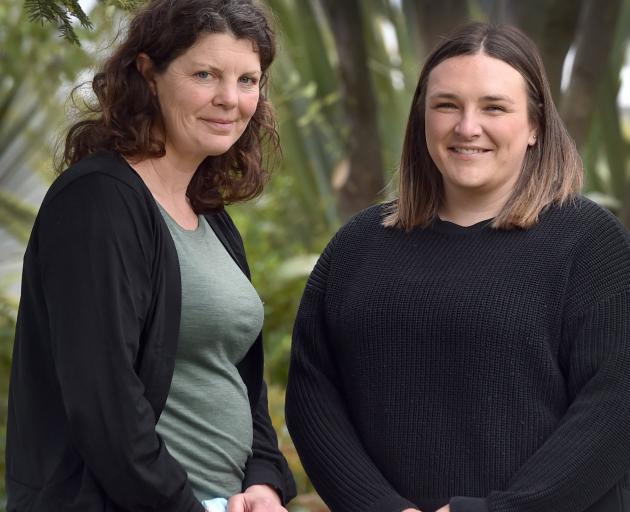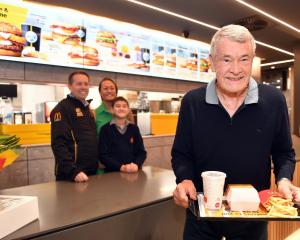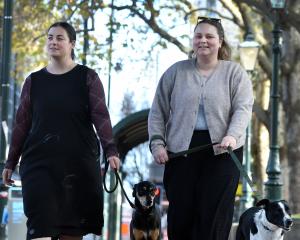
‘‘We see that particularly in Central Otago where people who are business owners or who are in the tourism industry just can’t operate normally and there is a high level of stress and uncertainty in those circumstances,’’ health improvement practitioner (Hip) trainer Genevieve Obbeek said.
‘‘We have also been seeing a lot more children than in the first lockdown, and we are working really hard to normalise those experiences for kids and equip them with some good skills to look after themselves in these times and focus on what matters to them, which is usually about schooling and having strong relationships with family and friends.’’
A Hip is one of three roles created as part of the government response to the mental health and addiction services review.
The position, a professional available on immediate referral from a GP or nurse if they feel the patient could benefit from advice on mental or physical wellbeing, was introduced in the South last year after a successful trial.
Ms Obbeek and her soon-to-be qualified colleague Sarah Redfearn are the only two national Hip trainers in the South Island.
As well as training Hips, both also work as Hips, Ms Obbeek at Dunedin Health and Ms Redfearn at Te Kaika.
‘‘Over lockdown there was a marked increase in people dealing with anxiety,’’ Ms Redfearn said.
‘‘We tried to keep doing what we do via phone, which for some people was great because they found it easier for them because they did not want to speak to someone in the room, while others found it harder because they wanted that.’’
WellSouth has 19 Hips working across 23 practices in Otago and Southland, and more are being trained.
Ms Obbeek said lockdown had meant much of that training had been forced to go online, which had been an easy shift for classroom work but not as straightforward for training in practices.
‘‘It is never quite the same as being in a clinic room and being able to provide that on-the-spot immediate and ongoing support; listening to a conversation via Zoom is not the easiest at times and it’s probably not as kind a process as it could be otherwise for the trainee.
‘‘But it is what we have to do in the current climate and we are still training really high quality practitioners despite that.’’
The combination of working and training had been demanding, but also enjoyable and fulfilling, she said.
‘‘I feel a responsibility to work, so that I am in touch with the realities on the ground floor of delivering this brand new service, which comes with challenges and a level of pressure.
‘‘I now know what works and what doesn’t and how to promote the role in a very effective way.’’












